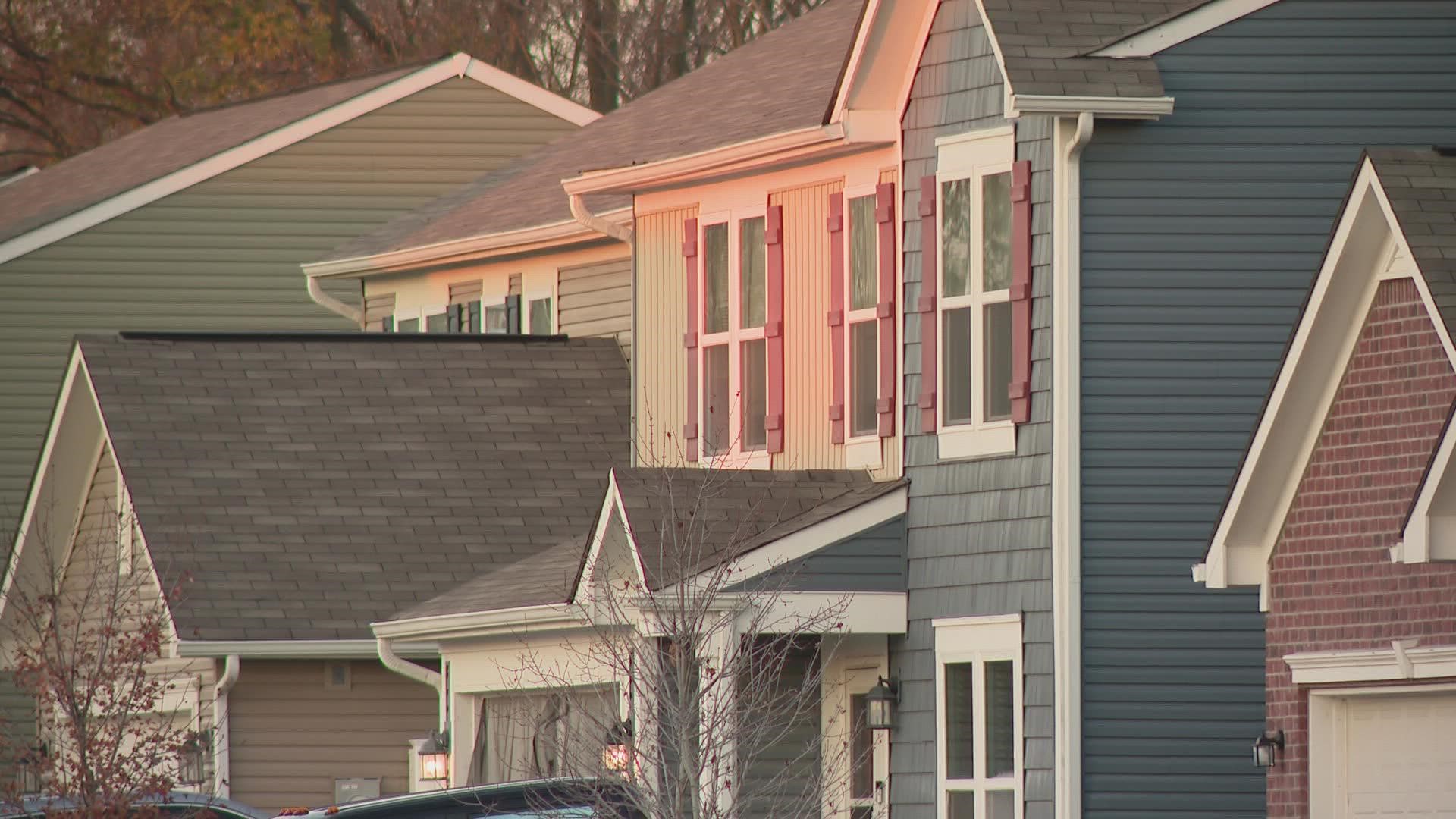INDIANAPOLIS — Wednesday's interest rate hike by the Federal Reserve sent the stock market tumbling, but the impact of the increase goes well beyond Wall Street.
The Fed approved its fourth straight interest rate hike of three-quarters of a percent earlier, the sixth time this year they've raised rates.
This latest hike is yet another step in an effort to curb inflation around the U.S., but there are fears this move could trigger a recession.
Joe Fitter, a senior lecturer with Indiana University's Kelley School of Business, said this likely won't be the last hike coming from the Fed to curb inflation.
“There’s two ways we can control inflation, we can either increase the supply of goods or we can choke off the economy so that demand goes away. So there’s the supply and demand side and right now, the only lever is really on the demand site, choking off demand by way of interest rate hikes," Fitter said.
Inflation is sitting at 8.2 % in the U.S. and, globally, inflation is packing hard punches, too.
Data from Pew Research Center finds inflation is hitting countries like Brazil even harder, while Turkey's inflation rate is nearly 55%.
If supply in high-manufacturing countries like China improves, Fitter said that can help curb inflation worldwide.
One major way this rate hike will hit families is with mortgages. The 30-year fixed-mortgage rate now tops 7%, the highest rate we've seen since 2002 - and more than double what we saw this time last year, just 3.14%.
And these steadily climbing rates are already impacting those looking to buy and sell. The intensity of last year's hot housing market has stopped, but Fitter said these rate hikes won't bring down the market altogether.
"We're seeing people temporarily back off of home purchases. They're going through a bit of sticker shock. But the reality is, when you have children and you need to buy a home, you're going to go buy a home sometime, you're going to bite the bullet, especially if home prices continue to rise," Fitter said.


Red-hot inflation has meant rising costs all around for families, impacting low and fixed-income households the most.
“In the pandemic, we saw that a lot of people were struggling to access food and facing some challenges. But then, after the pandemic, the need has only continued to grow. Each time inflation is more of a burden on individuals, families, it’s affecting children, it’s affecting families, it’s affecting the elderly,” said Midwest Food Bank executive director, Marcie Luhigo.
That has a lot of Hoosiers turning to food banks for help. Luhigo said many of those coming in are there for the very first time, in need of help to ensure their families don't go hungry.
"The need continues to rise as budgets continue to be stretched, so honestly, when I saw that this interest is going up again, it was very alarming to us because we know that we're stretched. It's costing us more to get food, to find food, to get food to the food bank and make it available to our agency partners, and it's going to stretch those families even further," Luhigo said.
Luhigo said for now, they've been able to meet these rising demands and rising costs.
If you or someone you know is in need of food assistance, or if you'd like to volunteer to help, visit the Midwest Food Bank's website.
What other people are reading:

